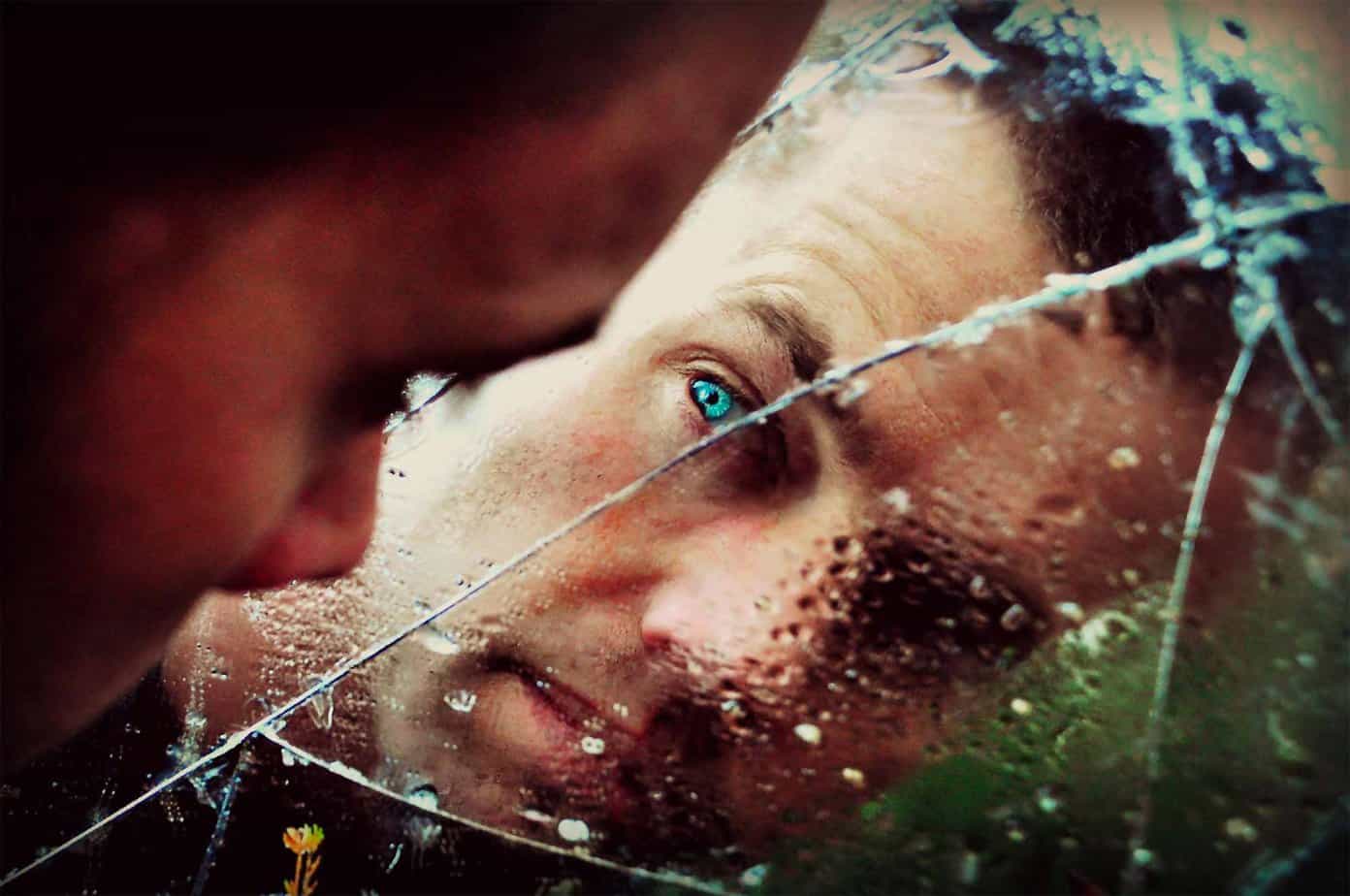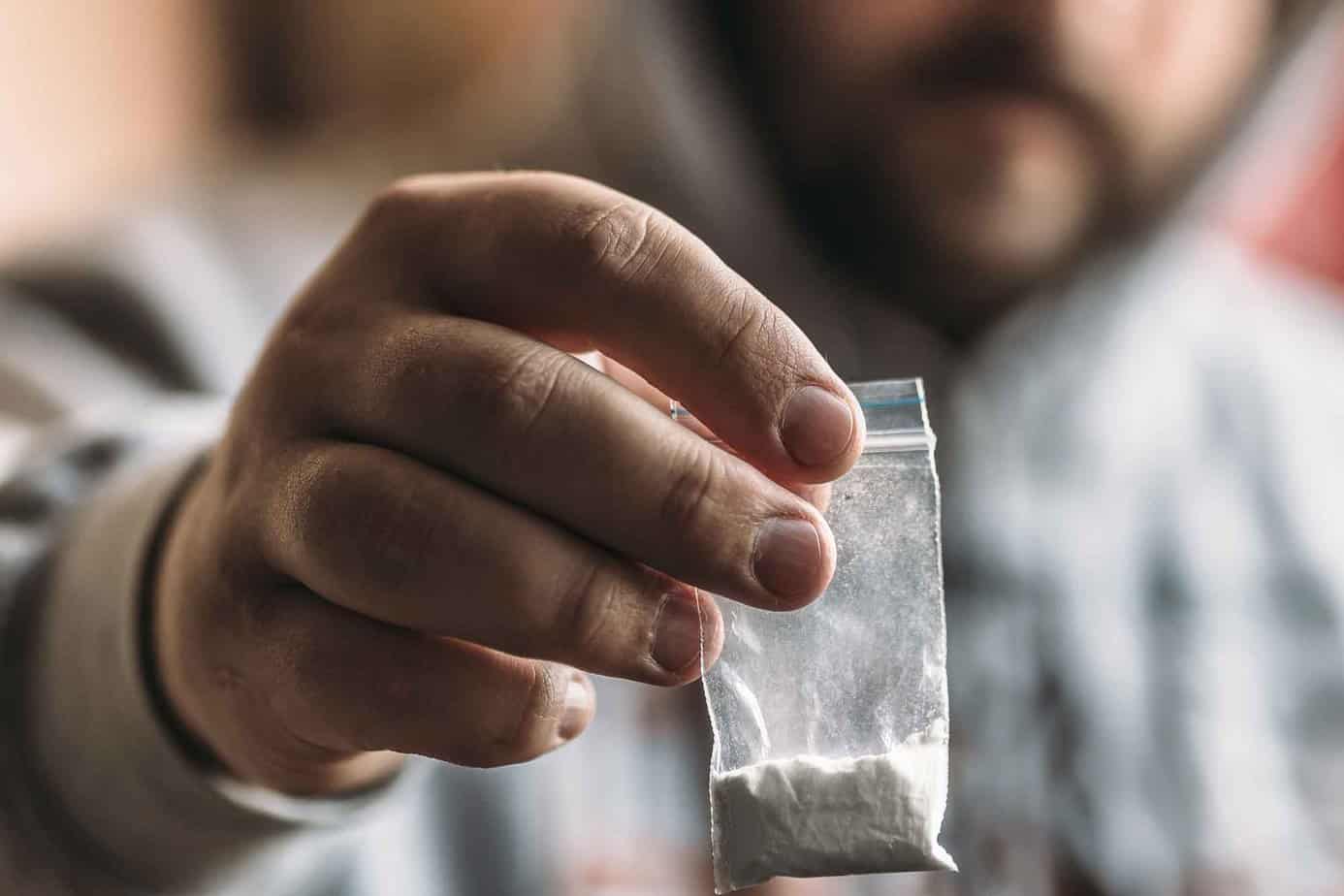WARNING: This post contains spoilers about the following movies: The Way Back, Rocket Man, Doctor Sleep, Beautiful Boy, and A Star is Born. If you have not seen these movies yet, you may want to watch them before reading further.
Movies can bring awareness to issues that resonate with people across all cultures and communities, linking our common experiences. When it comes to substance use disorder (SUD), Hollywood is shining a light on this disease and the many ways it has affected our country. While this topic has been addressed on the big screen before (Trainspotting is one example), the increasing devastation caused by the addiction crisis has entered the narrative.
Below are five movies that are bringing attention to substance use disorders and the lives that they affect:
The Way Back
Addiction takes center stage in this sports drama starring acclaimed actor Ben Affleck. The Way Back tells the story of Jack Cunningham (Affleck), a construction worker who spends his days and evenings drinking. His addiction continues until he gets the opportunity to become the basketball coach of his alma mater. However, this is not your typical feel-good underdog sports movie. What separates this film from many others is how well it depicts the many layers of addiction, the reality of relapse, and the role unresolved trauma plays. Jack’s heavy drinking begins with the death of his son. His inability to cope with the grief is what sends him into a downward spiral with alcohol.
While immersing himself in coaching had initially appeared to be his saving grace, Jack resumes his drinking after visiting his late son’s friend in the hospital. Being in the same hallways where his son died reminds him of the trauma he experienced—trauma he never fully addressed. Without the proper tools to handle feeling overwhelmed, Jack runs to his usual bar to find comfort in alcohol.
While not everyone battling addiction experiences a relapse, it is not uncommon. Everyone’s experiences are different, but there are common factors that increase one’s risk of using again, such as unaddressed trauma. One message throughout the film is clear: getting sober is not the end of the journey—it is just the beginning.
Rocket Man
This musical biopic shows Elton John’s rise to international stardom. For those not familiar with the singer’s story, addiction plays a major role in it. As is the case for millions of Americans who have a substance abuse disorder, John’s use was prompted by a need to self-medicate. Drugs and alcohol served as an unhealthy coping mechanism, numbing him to the pain caused by his strained relationships with his parents, his struggle with his sexual identity, and the abuse he received from a romantic partner. His addiction also led John to isolate himself from his loved ones, attempting to hide his illness from them.
One compelling and cathartic moment in the film is when John is in treatment and attending a group meeting. Although this scene is all a figment of his imagination, it is a breakthrough demonstrating his willingness to do what it takes to live in recovery. In the scene, family members and his ex-partner enter the room, voicing negative opinions about the singer that he has long harbored about himself. After confronting each person and pushing back on the notion that it is bad to be different, his younger self appears. Neglected by his parents, the younger John asks the adult one, “When are you going to hug me?” As they embrace each other, John takes a significant step in recovery by showing that he finally accepts and loves himself. After all, self-acceptance and self-love are critical for achieving and maintaining long-term sobriety. John’s 30 years of sobriety are proof that recovery is possible if one leads an authentic life.
Doctor Sleep
Based on the award-winning and fear-inducing novel by the same name, Doctor Sleep does something that its prequel The Shining fails to do: humanize addiction. Danny, Doctor Sleep’s protagonist, is an alcoholic, just like his father, Jack, from The Shining. But unlike his father, Danny is not depicted as evil. Instead, his struggle with addiction is portrayed with sympathy and understanding. Providing a backstory for his alcohol abuse allows the audience to understand why he drinks and humanizes him.
Danny is an adult with psychic powers who uses alcohol to suppress them and the childhood trauma inflicted on him. After coming to terms with the fact that he needs treatment, he moves to New Hampshire and joins Alcoholics Anonymous. A pivotal scene in the film is when Danny returns to the hotel where he was tormented as a child. There, he runs into the ghost of his father acting as the bartender of the hotel. Danny’s father, Jack, pours him a drink, urging him to indulge as a way to seek refuge from life’s cruelties. Danny refuses, and his father disappears, demonstrating that the cycle of addiction can be broken.
Beautiful Boy
Teenager Nic Sheff looks like he has it all: good grades, a loving family, and a bright future ahead. While he appears to have an idyllic life, the all-American, wholesome façade eventually comes crashing down. Having smoked marijuana since he was 12 years old, Nic starts using crystal meth at 18. While Beautiful Boy shows how addictions often escalate from one substance to the next, this is not the only important aspect of substance abuse that this movie addresses. The audience also sees how Nic’s addiction affects his family.
Throughout the movie, it is clear that Nic’s use has significantly impacted his father, David. David embarks on his own emotional battle as he wrestles with his son’s addiction, repeatedly taking him to rehab, only for Nic to leave shortly after. In a desperate attempt to save his son, he even resorts to “tough love” and refuses to let Nic return home when he suspects him of using. David’s struggle is not unique. Many families whose loved ones struggle with addiction experience similar feelings of fear, anger, and despair that David goes through during the movie.
While many films focus on alcohol or opioid abuse, Beautiful Boy shines a light on stimulant abuse, which has been rising over the last decade. This spotlight highlights the urgency needed to further prevent the rise of meth from becoming the next drug epidemic. Equally important, the film dispels the common myth of what a typical meth user looks like by showing that a middle-class teen from a “good” family could also fall victim to addiction.
A Star is Born
With Bradley Cooper as the famous musician Jackson Maine, the audience sees up close the inner workings of addiction and the devastation that it can bring. Specifically, A Star is Born highlights how substance abuse affects his career and relationships. Playing the role of emerging singer and Jackson’s wife, Ally, Lady Gaga demonstrates how a spouse might respond to a partner’s addiction. When she visits Jackson in rehab, she reminds him that addiction is a disease and that his illness does not define him, saying that she knows who she married and will continue to support him. This scene urges compassion and kindness towards the person struggling, which is not always common due to the stigma surrounding addiction.
During his time in treatment, Jackson makes significant progress by addressing the childhood trauma that led him to self-medicate with various substances. While rehab plays a significant role in addiction treatment, the film demonstrates that rehab alone isn’t enough for one to stay sober. Aftercare, such as counseling, getting a recovery coach, or attending support groups is also necessary to maintain long-term sobriety. Despite Jackson’s accomplishments while in treatment, he stops working on his recovery once he is discharged, which leaves him vulnerable to potential stressors. After Ally’s manager blames him for nearly derailing her career, he is unable to process his guilt and ultimately relapses.
In the end, movies have the power to unite people and motivate them to fight for something bigger than themselves. By raising awareness about substance abuse, these five films can educate the masses about this all-too-common disease and help dispute the falsehoods surrounding it. Because stigma is often a barrier that prevents individuals from asking for help, these films are a good first step toward building a society that doesn’t judge those in need of assistance.
If you or a loved one is struggling with addiction, Mountainside can help.
Click here or call (888) 833-4676 to speak with one of our addiction treatment experts.

 By
By 





